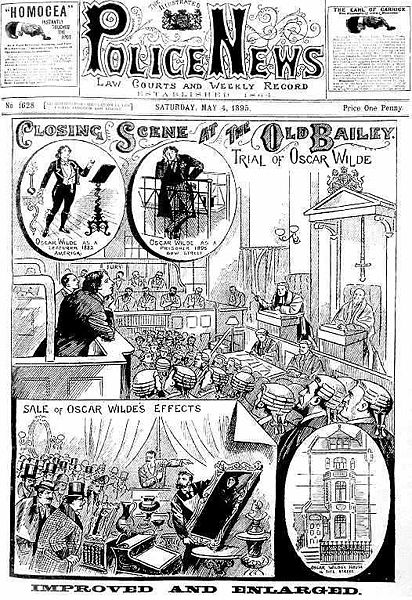Over 30 years of anarchist writing from Ireland listed under hundreds of topics
Library
Anarchism and Elections
Passed by National Conference, July 2017. This paper sits under the State & Democracy paper. Have a look at that to understand contexts that are not repeated here.
Anarchism and Elections
A Workers Solidarity Movement Position Paper
State and Democracy
Passed by WSM National Conference, July 2017. This sits underneath the Anarchism, Oppression, & Exploitation position paper.
State and Democracy
A Workers Solidarity Movement Position Paper
Work and Workplace Organising
Note to readers: Passed by National Conference, July 2017. This paper sits under the WSM's Anarchism, Oppression & Exploitation and Class and Exploitation position papers. It doesn’t repeat the material to be found in those papers.
Work and Workplace Organising
A Workers Solidarity Movement Position Paper
Is intersectionality just another form of Identity Politics
Intersectionality has been critiqued in both the mainstream media and on the Left as nothing more than a sophisticated version of identity politics, which is seen to undermine class struggle. We have considered these critiques and sought to clarify for ourselves whether we think that ‘intersectional feminism’ is still a useful term. As we will argue below, we think that it is incorrect to elide intersectionality with identity politics. In fact, when intersectionality theory was first formulated by Black feminists it was specifically intended to be both a critique of and an alternative to identity politics. What we continue to debate, however, is whether the term has now acquired a new set of meanings from those with which it was originally imbued, and therefore if it can be ‘reclaimed’.
Anarchist Eyewitness to self-management in Kurdish Syria / West Kurdistan
Zaher Baher of the Kurdistan Anarchists Forum spent two weeks in Syrian Kurdistan in May 2014, looking at the experiences of self-management in the region, experiments that have become more widely discussed as the result of the defense of Kobane against ISIS. This account tells in some detail what he saw and what conclusions he draws. Zaher is also a member of Haringey Solidarity Group and spoke at the 2014 London Anarchist Bookfair about his experiences. This account was originally published as 'The experiment of West Kurdistan (Syrian Kurdistan) has proved that people can make changes'

Radical writings on Intersectionality, privilege, identity and difference
This is a list of radical writings around the issues of intersectionality, privilege (theory), identity (politics), and difference.
Insurrections at the intersections: feminism, intersectionality and anarchism
A critique of liberal conceptions of 'intersectionality' and an outline of an anarchist, class struggle approach.
We need to understand the body not as bound to the private or to the self—the western idea of the autonomous individual—but as being linked integrally to material expressions of community and public space. In this sense there is no neat divide between the corporeal and the social; there is instead what has been called a “social flesh.” - Wendy Harcourt and Arturo Escobar1
The Soul of Man under Socialism - Oscar Wilde 1891
 The chief advantage that would result from the establishment of Socialism is, undoubtedly, the fact that Socialism would relieve us from that sordid necessity of living for others which, in the present condition of things, presses so hardly upon almost everybody. In fact, scarcely anyone at all escapes.
The chief advantage that would result from the establishment of Socialism is, undoubtedly, the fact that Socialism would relieve us from that sordid necessity of living for others which, in the present condition of things, presses so hardly upon almost everybody. In fact, scarcely anyone at all escapes.
The Prisoners’ Rights Organisation: a case study in grassroots organising, ‘history from below’ & police accountability
The Prisoners’ Rights Organisation (PRO) was founded in the early 1970s. Before its dissolution in the late eighties it was in many ways a unique phenomenon - a small but highly energetic grassroots organisation that consistently called public attention to cases of police brutality and misconduct through varied forms of street protest and media work. This article tells the story of the formation and development of the organisation and the ‘hidden history’ of the PRO’s attempt to make police accountable.
Challenging the gardaí: a personal experience
The incident - On a Saturday night in July 2008 at about 11pm, I was waiting outside a fast food restaurant in Drumcondra for a friend, when over eight garda vehicles came speeding from a few different directions with their sirens on. They pulled up outside a pub just up the road from where I was. I cycled up to have a look at what was going on. When I got up there, there didn’t seem to be a lot going on. I started to film the line of garda vehicles parked in the centre of the road. I had been filming less than a minute when a guard approached me, demanding that I give him the camera. I put the camera in my pocket and told him it was a public area and I was entitled to film.

